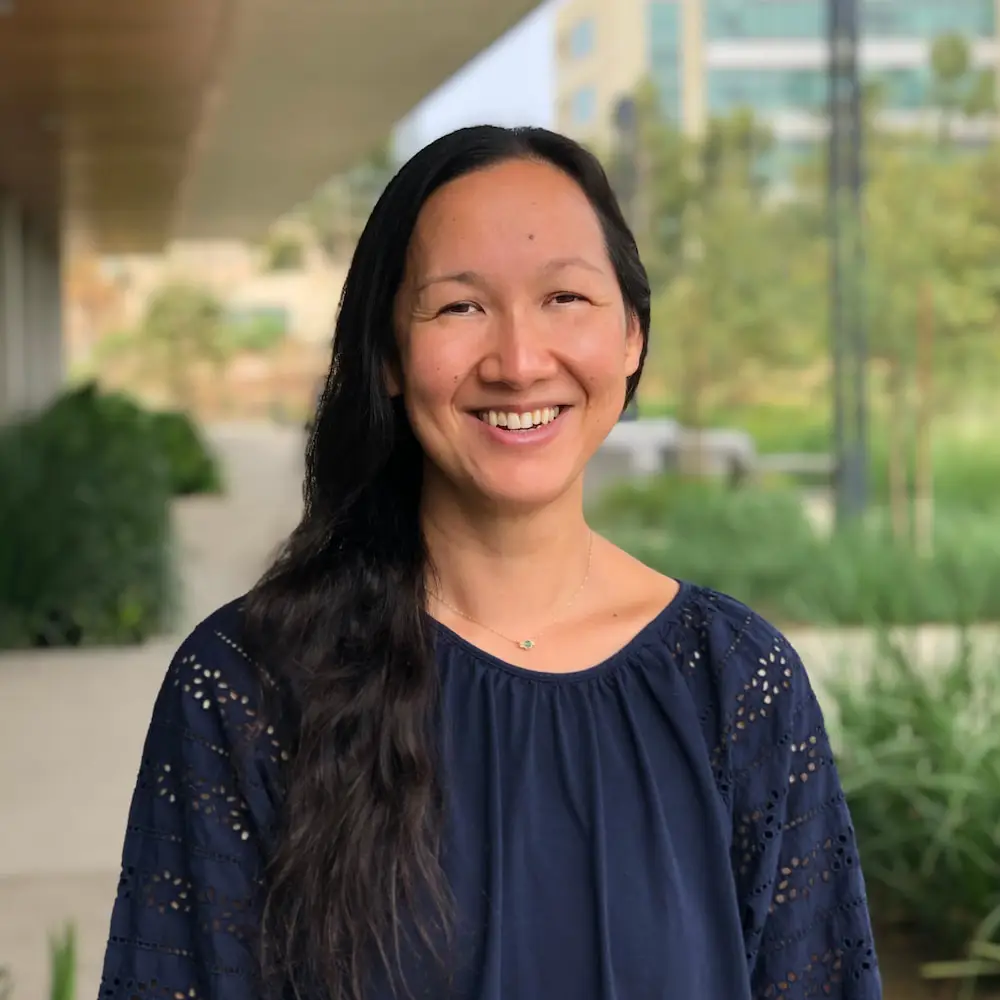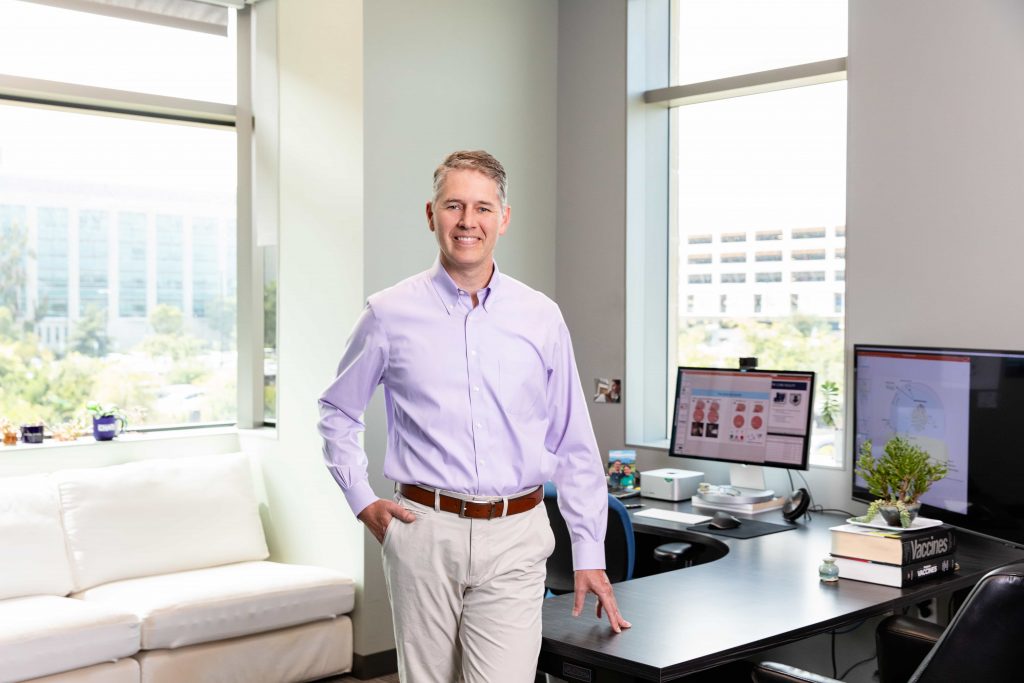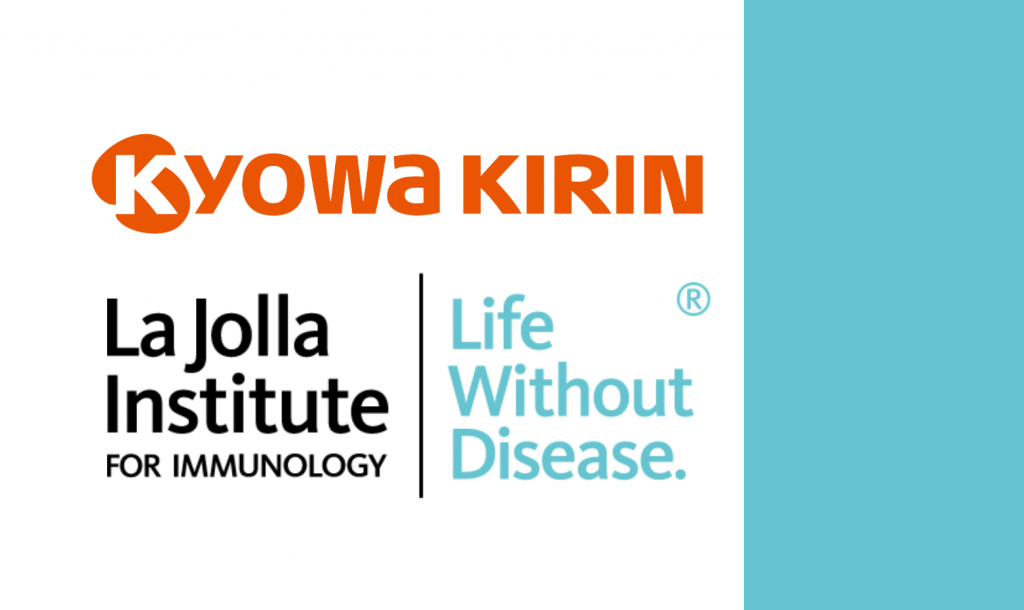
LA JOLLA, CA—La Jolla Institute for Immunology (LJI) Instructor Sydney Ramirez, MD, Ph.D., has won a Burroughs Wellcome Fund Career Award for Medical Scientists in recognition of her critical research into how the human immune system and cells in the upper airway respond to SARS-CoV-2, the virus that causes COVID-19.
“Very few people—and very few clinician scientists—get this award,” says LJI Professor and Chief Scientific Officer Shane Crotty, Ph.D. “This award really speaks to how important Sydney’s research has been and the promise for her career going forward.”
The Burroughs Wellcome Fund Career Awards for Medical Scientists are awarded annually to outstanding early-career researchers who have demonstrated exceptional promise in the field of medical science. The awards come with substantial research funding to support innovative research and advance human health.
Throughout her career, Ramirez has worked to bridge the gap between basic research and clinical care. “Science is what moves medical knowledge and medical care forward,” says Ramirez, who is a member of LJI’s Crotty Lab. “As an infectious diseases clinician, I’ve always been focused on research into pathogen-host interactions. We need to know why some people get sicker than others.”
Ramirez served as both a clinician and scientist throughout the pandemic, and she coordinated early efforts to recruit study participants and bring patient samples from the nearby UC San Diego hospital to LJI for analysis. Ramirez led vital work during the COVID-19 pandemic to shed light on how the immune system’s B cells and T cells build up immunity to SARS-CoV-2.
“We were one of the first groups on the ground here in San Diego that was able to collect and study human samples,” says Ramirez. “It was amazing to be a part of that.”
Ramirez and her LJI colleagues went on to publish a series of studies into how long SARS-CoV-2 immunity lasts in the body—and how well the immune system responds to newer SARS-CoV-2 variants, such as Omicron. Her more recent research has focused on immune cell activity in the upper airways. These insights may prove important in the development of intranasal vaccines to combat SARS-CoV-2 and other respiratory diseases.
With the new award funding, Ramirez will be completing research projects in the Crotty Lab and transitioning to finding her own faculty position.
“I would like to run a laboratory focused on human immunology, preferably in the setting of infections and vaccines,” she says.
###





